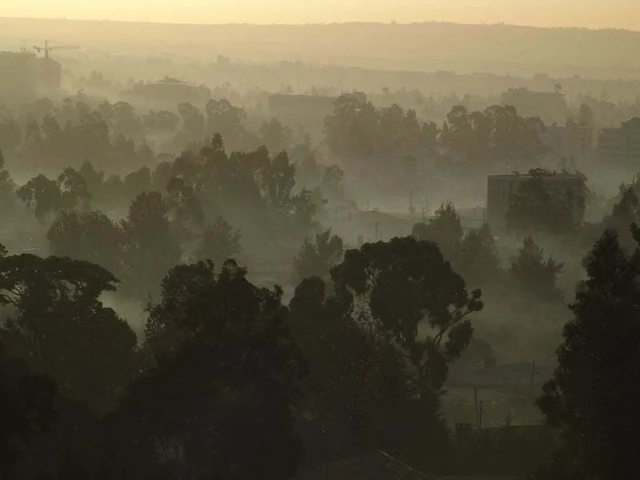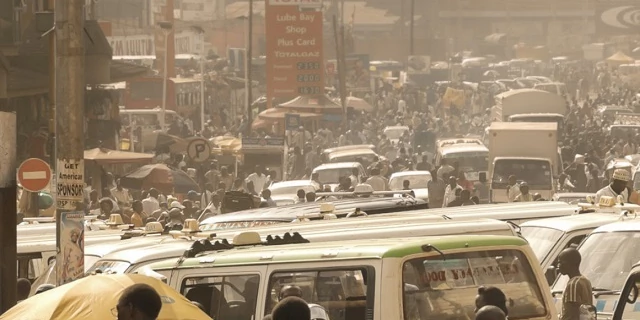About a month ago, Kampala was shrouded in a particularly thick cloud of smoke for about four days that no one seemed to want to talk about, but deep down we all knew it was air pollution because this was not new.
Air pollution is the presence of filth in the air that can cause damage to living organisms. Air pollutants can be solid particles or liquid droplets or gases that can be natural or man-made. Some of the main air pollutants are particulate matter (dust), sulphur dioxide, nitrogen dioxide and carbon monoxide.
It goes without saying that breathing toxic air causes countless health problems starting with asthma, lung diseases, heart disease and even skin problems.
What is worse is that polluted air also affects your brain, especially in children.
Researchers say that air pollution can have serious short-term and long-term impacts on the brain development in children. Clean air is a critical component in ensuring children’s well-being and all-around development.
Older researches on air pollution had only specified how air pollution impacts respiratory and cardiovascular diseases but not enough evidence was found on children’s nervous system at first.

Children more vulnerable
Children are more vulnerable to air pollutants because of their higher breathing rate. Their lungs have also not yet developed its natural barriers to filter out toxic air. Children consume more air compared to adults and also spend more time outdoors as compared to adults. They are also much less aware of the pollutants that could be hazardous to them and may ingest these pollutants due to increased frequency of contact between hands, face and mouth.
Memory problems
Apart from affecting cognition development and function in children, air pollution can also lead to memory problems and diseases like dementia and Alzheimer. It can act as a trigger to changes in the brain leading to a decline in one’s memory.
Protect your child
It might be a difficult task to make sure that your family is safe, but there are steps you can take to reduce the intake of pollutants, especially for children.
- Researchers state that every home in highly polluted cities should have an air purifier to make sure both children and adults do not breathe toxic air inside their houses.
- Move to a less polluted city or upcountry if you can
- Keep plants that suck the toxicity from the air.
- Avoid outdoor activities in polluted areas.
- Pregnant women should make sure they are not exposed to these pollutants as it might affect their unborn child.
These steps can keep you safe to a certain extent. But till the problem of pollution is not addressed and solved urgently, the risk will remain.



